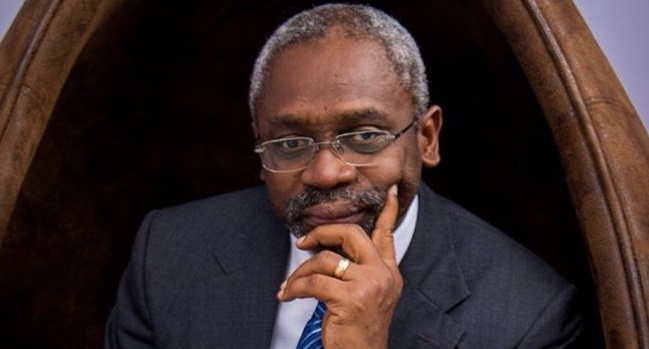News
Reps to probe Discos’ privatization, others

The House of Representatives Committee on Privatisation and Commercialisation on Monday revealed its plan to probe the privatization of power distribution companies in the country.
The Committee also said the probe would be extended to other companies with privatizations beyond the five years ceiling.
The decision was taken by members of the Hon. Mohammed Gololo-led committee during its inaugural meeting at the National Assembly Complex in Abuja.
A member of the committee, Nkem Abonta, said several companies had breached the privatization agreement with padding; hence, there was a need for the immediate review process.
It was also gathered that members of the committee had insisted that the purpose of the privatization had been defeated by the circumvention of the clauses in the agreement.
READ ALSO:House of Reps orders immediate review of NHIS
Meanwhile, Nicholas Ossai, another member of the committee, in his contribution, maintained that the panel might decide to go back to the House to receive wider powers in a bid to investigate the issue.
He said: “We need to identify those that are working and those that are not. This committee has the power. Looking at the documents that the chairman has already presented, we can go back to plenary through a draft motion to get additional powers.
“We can query those aspects that are not functioning and mandate the committee to review every privatization that has been done in the past 10 years. We can question areas that the committee that did the privatization has made mistakes and those ones that have failed the process. And even then, we can review the privatization of the DisCos.”
“I want to assure the chairman of our loyalty to this committee and to be able to work robustly with him in achieving these grey areas particularly the area of electricity.”
It was also learnt that the committee is determined to revisit some privatized companies or concessions to find out if the objectives have been met
Gololo on his part said: “We all know, privatization and commercialisation have become an integral part of the pro-competition programme and has now become a familiar feature of new consensus economic policy. This can be achieved through the direct sale of assets to the private sector.
“There are many reasons for privatization. The most important of them has been a disillusion with the capacity of the nationalized industries to deliver effective and efficient service to the public and achieve social goals they were set to attain.
“For nationalized industries, the principal problem was particularly acute.
“The objective of the government officials who manage the companies were often conflicting, the government department in charge of the company added another layer of complexity, with the result that management has no clear objectives and no sustained incentive to perform.
“One major objective of privatization was to make the company more efficient. In many countries, the government had large budget deficits and a limited capacity to raise revenue through taxes.
“Thus privatization, to them, was a way of disposing off all loss-making companies and providing desperately needed revenues to the state.”
Join the conversation
Support Ripples Nigeria, hold up solutions journalism
Balanced, fearless journalism driven by data comes at huge financial costs.
As a media platform, we hold leadership accountable and will not trade the right to press freedom and free speech for a piece of cake.
If you like what we do, and are ready to uphold solutions journalism, kindly donate to the Ripples Nigeria cause.
Your support would help to ensure that citizens and institutions continue to have free access to credible and reliable information for societal development.






















